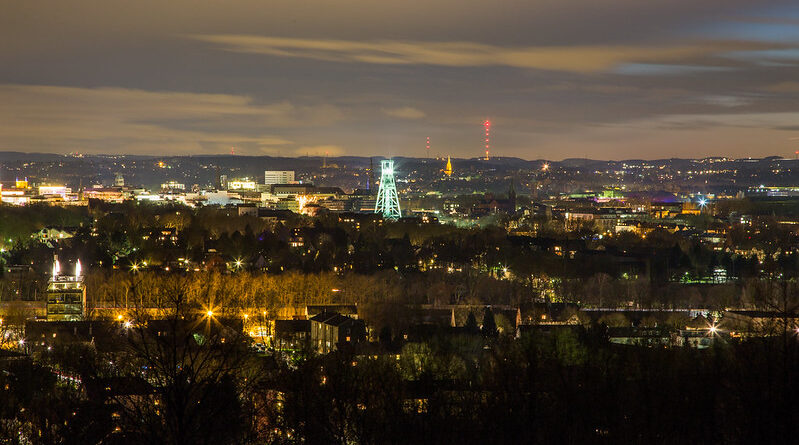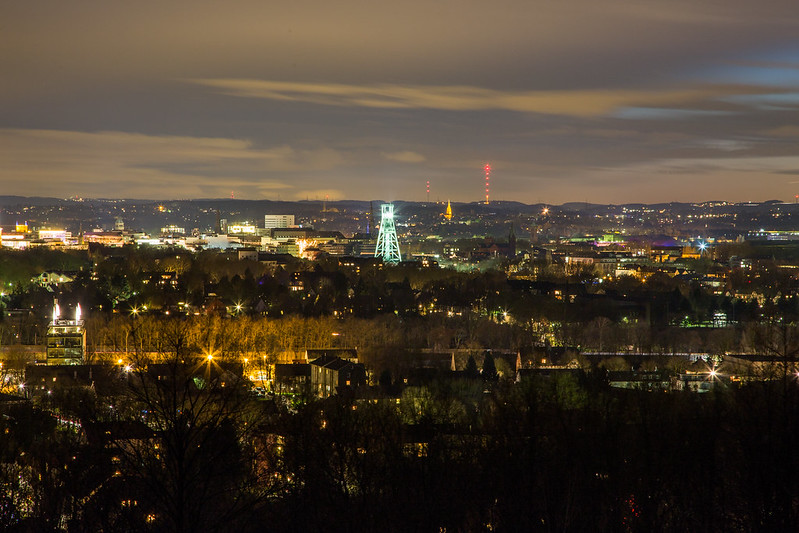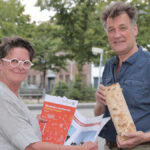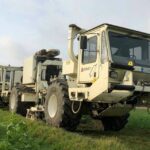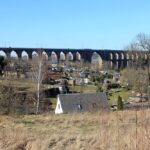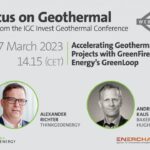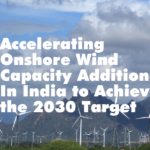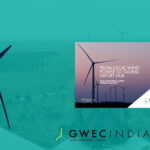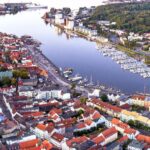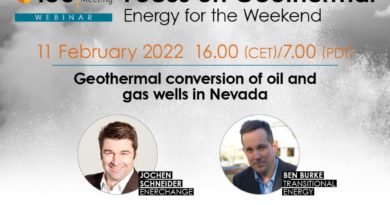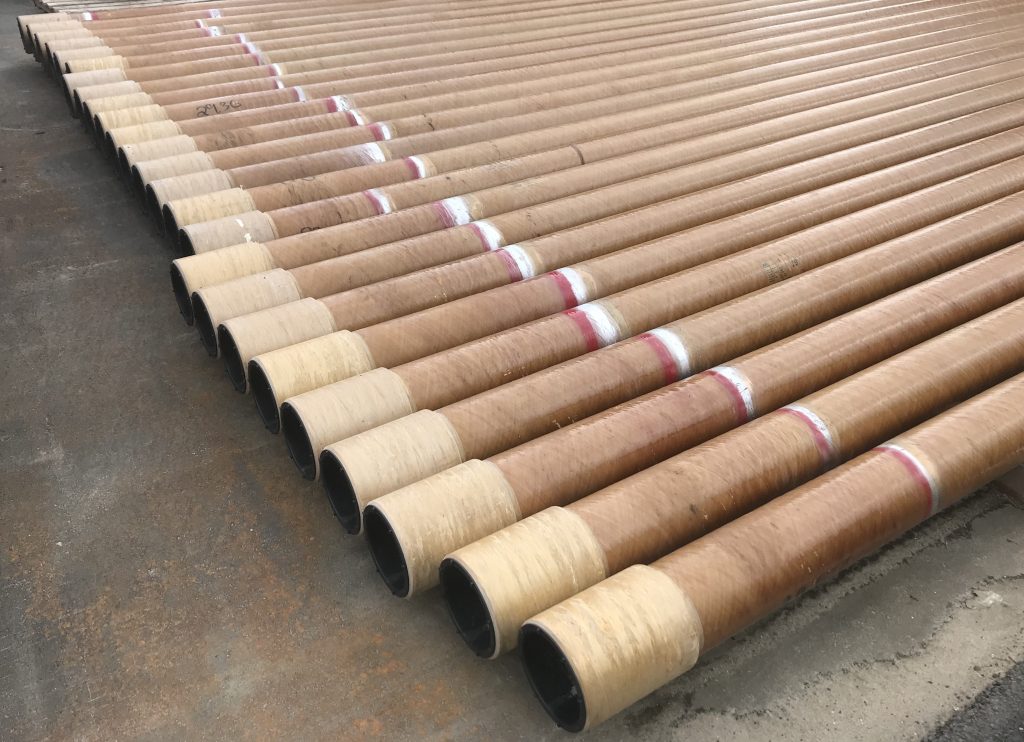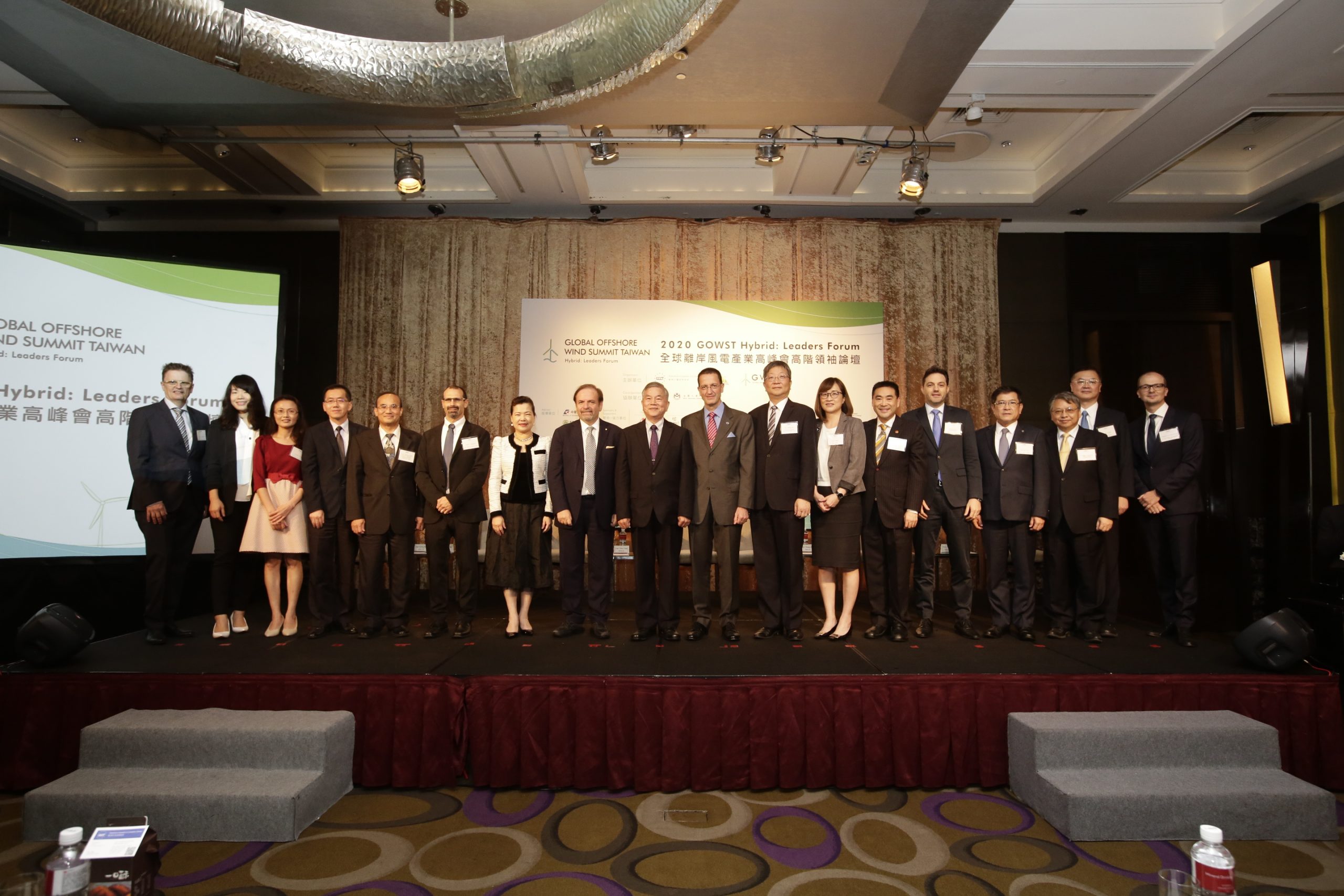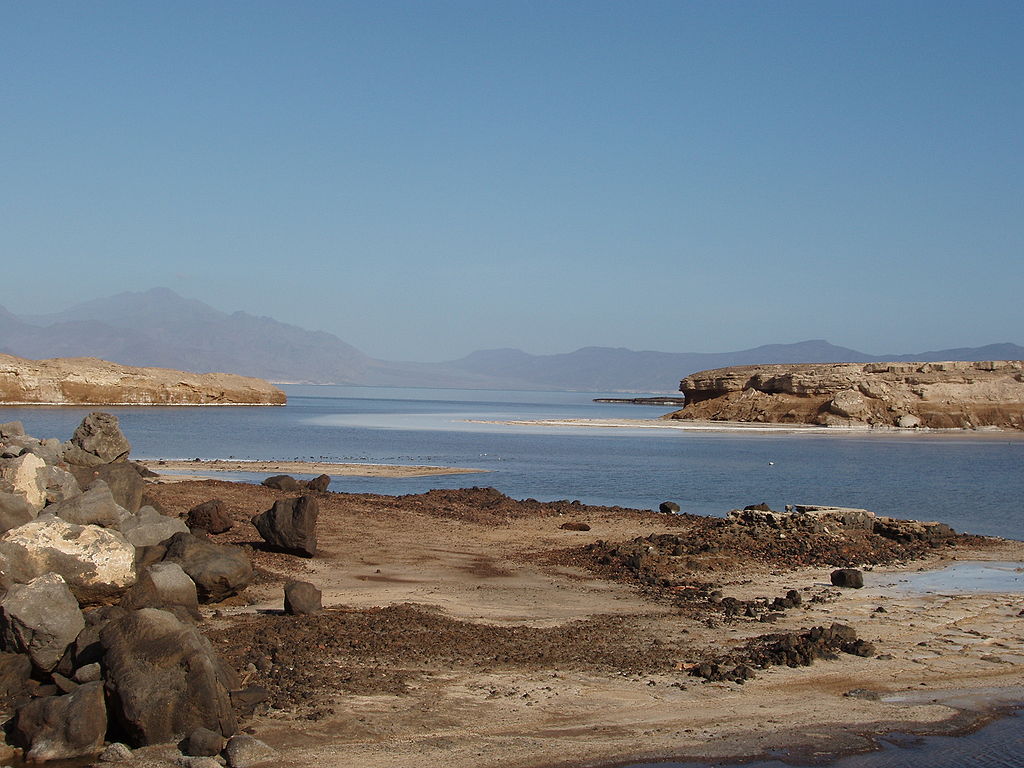Accelerating geothermal development in NRW, Germany
Energy Disrupter
Almost 90 participants attended the Stadtwerke.Nutzen.GEOTHERMIE workshop to discuss the opportunities for geothermal in the North Rhine-Westphalia region in Germany.
Almost 90 participants took the opportunity to exchange ideas with geothermal experts at the workshop “Stadtwerke.Nutzen.GEOTHERMIE” held on 16 November 2022 in Bochum, Germany. The invitation was extended by the State Society for Energy and Climate Protection, NRW.Energy4Climate, the Fraunhofer IEG, and the German Geothermal Association (BVG).
For the 80 or so municipal utilities in NRW, geothermal energy could be the solution to supplying their customers with reliable and climate-friendly heat. There is a huge geothermal treasure lying dormant in the subsoil of North Rhine-Westphalia that could go a long way to advancing the heat transition in NRW: Mine water from disused mines in the Ruhr region and other coalfields, carbonate rocks in the Rhineland and Münsterland, and other areas with deep thermal water deposits offer huge heat potential that has yet to be tapped.
Ulf C. Reichardt, Chairman of the Management Board of NRW.Energy4Climate, welcomed the participants to the workshop: “Geothermal energy can make a major contribution to achieving our climate targets. North Rhine-Westphalia already has excellent prerequisites here. Our aim must now be to develop and exploit the geothermal potential together with the other renewable energies. This is what the NRW.Energy4Climate team is working on with full force and hand in hand with partners in politics, science and industry.”
Munich has been in a pioneering role internationally with the conversion of its heat supply to deep geothermal energy since 2000. A comparable development is also possible in NRW, because only a few regions in the world have such a broad range of economic and scientific expertise in the use of geo resources as the Rhine-Ruhr region.
“The Rhine-Ruhr region, with its strong tradition as a location for energy, industry and mining, has everything it needs to meet the challenges of the heat transition,” Prof. Rolf Bracke, Director of the Fraunhofer Research Institution for Energy Infrastructures and Geothermal Energy IEG, is certain. “Geothermal energy can cover over 70 percent of municipal heating requirements in NRW. Stadtwerke and Fraunhofer Gesellschaft together can leverage this potential and make geothermal energy a key element of the heat transition. Together we are shaping the climate-neutral energy systems of the future.”
Among the speakers were representatives of the pioneering projects of the Geothermie Allianz NRW. These included Markus Bieder from Stadtwerke Münster, who have already completed preliminary studies and seismic surveys and were able to pass on their experience. A consortium of the Duisburg and Düsseldorf municipal utilities was this year’s winner of the
state funding competition “Heat from deep geothermal energy in NRW” with their detailed sketch, which made a feasibility study possible.
Dr. Verena Svensson from Stadtwerke Düsseldorf explained to the participants the correct preparatory steps for the construction of a geothermal heating plant. Frank Peper from Stadtwerke Bochum presented the geothermal project Mark 51°7”, a 5th generation district heating network, and demonstrated how mine water can be tapped for heat supply.
“NRW has a particularly high demand for space and process heat. At the same time, NRW is already a pioneer in the use of near-surface geothermal energy and can also take on a leading role in the use of deep geothermal energy in the future. NRW thus has the opportunity to secure its heat supply in a reliable and climate-neutral manner. ” says André Deinhardt, Managing Director of the German Geothermal Energy Association.
Deep geothermal energy is suitable for district heating as well as for industry in the fields of chemistry, agriculture, food production, metal, cement and construction industry, timber and wood processing, paper processing and for the housing industry. Of particular importance for NRW is geothermal energy as a gas substitute for heating greenhouses. Here, Thomas Linßen (City of Straelen) and Dr. Oliver Ritzmann (Fraunhofer IEG) used plans from the region around Straelen to show
how the conversion can succeed.
But it is not only deep geothermal energy that can advance NRW. Rüdiger Grimm (geoEnergie Konzept) impressively demonstrated how building complexes and districts can be heated and cooled geothermally, even outside existing district heating networks. Holger Born (Fraunhofer IEG) showed how geothermal probe systems and cold local heating can be used to develop efficient heat supply options.
The interest of municipal utilities in geothermal energy as a driving force of the energy transition has risen sharply and the workshop was fully booked. Further workshops are already being planned for 2023, including in northern Germany.
Source: Email correspondence

